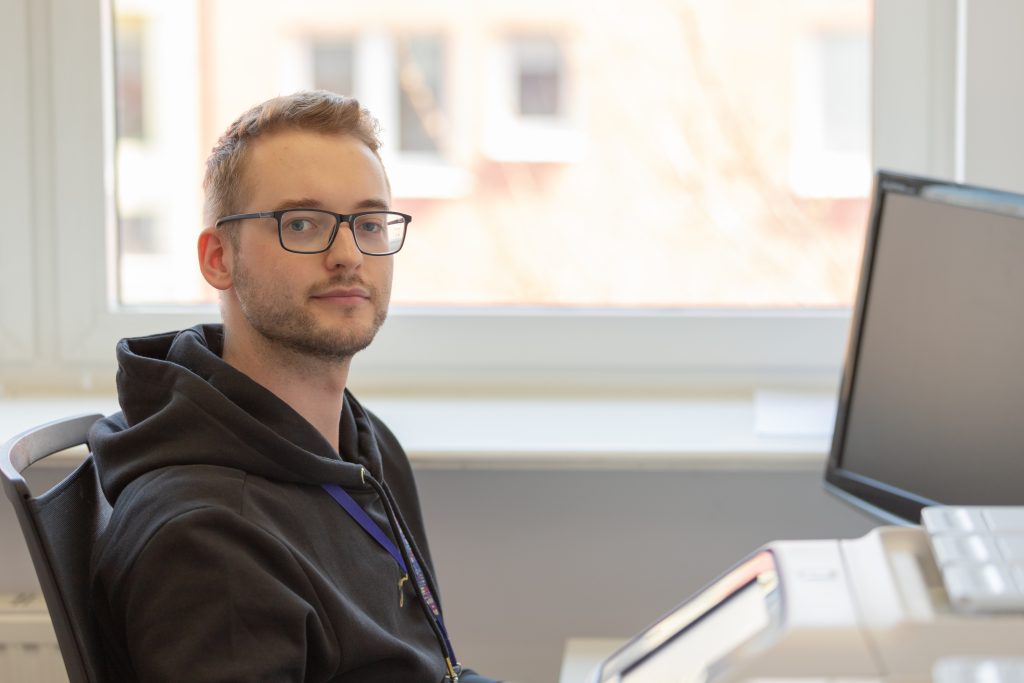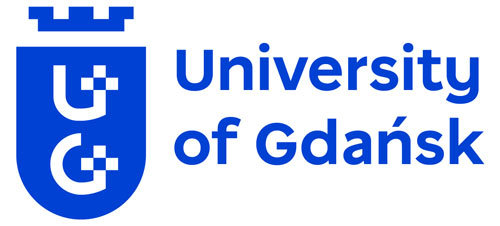Mikołaj Kocikowski (MRSB), PhD student in the International Centre for Cancer Vaccine Science (ICCVS), has received funding from the British Society for Immunology (BSI) competition for Career Enhancing Grant. The awarded project is titled “Molecular modelling techniques for computational screening of canine anti-cancer antibody candidates”. The funding will support Awardee’s world-class training in Molecular Modeling. 
Recently described limitations of cancer immunotherapy [Kocikowski et al., Cancers, 2020] likely stem from the inadequate artificial murine models used in drug discovery and development. Meanwhile, spontaneous cancers occur in dogs with high prevalence and usually resemble their human counterparts closely. Contrary to classic phylogenetic trees, the human genome is more similar to the canine than the murine one. The same holds for the immunoglobulin locus, making dogs prime candidates for immunotherapy development. Careful development of dog cancer treatments could be an invaluable knowledge source for human medicine while filling the gap in the veterinary oncology arsenal. This concept, termed comparative oncology, matches contemporary and interdisciplinary approaches to problem-solving such as One Health – “collaborative efforts of multiple disciplines working locally, nationally, and globally, to attain optimal health for people, animals and our environment”.
Our team raised antibodies against targets present in both human and canine cancers: PD-1 and CD-20. The use of the mouse hybridoma system resulted in a mouse-characteristic amino acid sequence, foreign and hence immunogenic for a dog. We had to modify the sequence so that it resembles natural canine ones from a previously developed database. We performed this process – called caninization – computationally through multiple proprietary methods. Antibody engineering comes with a risk of damaging antibody-target affinity. Producing all the designed proteins for biological activity screening is not economically viable. Hence, the best drug candidates are chosen based on modelling the molecules and in-silico screening. We produce and characterize the most promising ones in vitro.
The project is supervised by Dr Maciej Parys (Royal Dick School of Veterinary Science, University of Edinburgh, Scotland), Prof Ted Hupp (ICCVS/Cancer Research UK), Dr Javier Alfaro (ICCVS), Dr Umesh Kalathiya (ICCVS) and stems from an international collaboration with Prof Borek Vojtěšek (Masaryk Memorial Centre, Berno, Czech Republic), Prof David Argyle’s group (Roslin Institute, Scotland) and industry partners.
BSI recognizes that Immunology is a dynamic discipline. As such, those working in the field require a vast range of skills and knowledge to adapt to the ever-changing landscape effectively. The BSI Career Enhancing Grant is a new grant scheme providing financial support for promising immunologists to grasp professional development opportunities, upgrade their skillsets, and further develop their projects.
More information: immunology.org/news/bsi-career-enhancing-grant-winners.


